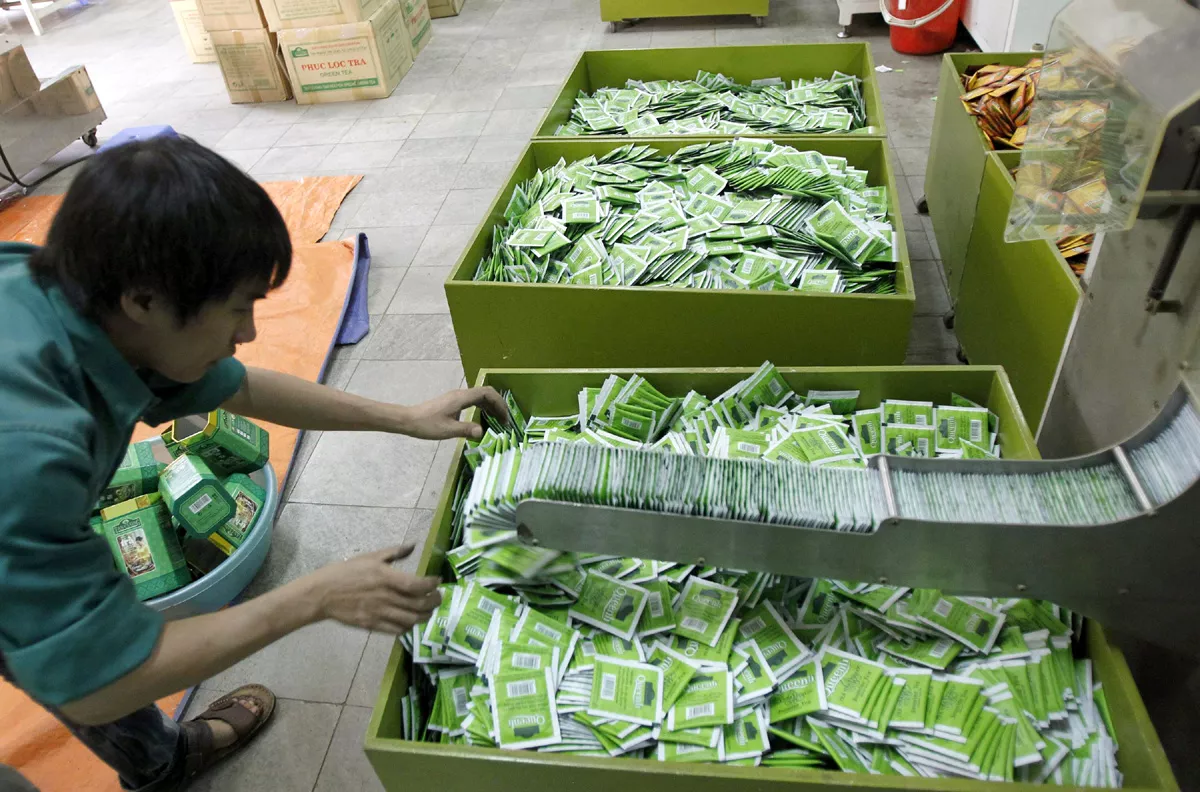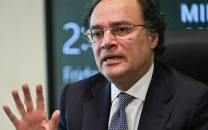Govt may hike agri input taxes
Mulling limits on SEZs' tax-free status from FY2025-26

The government may double the excise duty rate on fertiliser to 10% and introduce at least 5% new tax on pesticides in the budget, the two critical inputs for the crops that may get expensive amid heightening challenges for the agriculture sector.
Among the other proposals, it is considering starting limiting the tax-free status currently available to the Special Economic Zones from fiscal year 2025-26 and reducing the super income tax rate by 2% to 8%, said the tax officials. However, the reduction in the super tax rate, which could cost Rs28 billion to the government, would depend upon finding other tax avenues, they added.
The proposals are part of the government's taxation measures that it wants to introduce in the new budget to achieve the overall Rs14.3 trillion tax target in fiscal year 2025-26, according to the senior tax officials. The government is already charging 5% Federal Excise Duty (FED) on fertiliser, which it wants to double for generating additional around Rs50 billion in the next fiscal year, said the sources. They added that the 5% FED might also be introduced on the pesticides. One of the options was that instead of 5%, the duty on pesticides should also be 10% equal to the fertiliser rate.
The government has already committed to the International Monetary Fund (IMF) to increase taxes on agricultural inputs, leaving little room for reversal, even if the Pakistan Peoples Party opposes the move in the budget proposal, said the sources. The farmers have long been complaining to the government about the rising cost of their inputs coupled with their low quality. In its meeting with Prime Minister Shehbaz Sharif, the PPP delegation on Monday had urged the government to prioritise the agriculture sector in the next budget to achieve economic growth.
The agriculture sector is already struggling after the government abruptly withdrew the agriculture support price mechanism without timely intimating the farmers. The sector has been grappling with issues of climate change, limited water availability and insufficient reservoirs to store water, which is also now at the centre of India-Pakistan tensions.
For the first time, the farmers will also pay income tax at rates ranging as high as 45% from the next fiscal year on the income that they earned from January onwards.
At the time of negotiations for the $7 billion bailout package, the federal government had promised the IMF that it would end preferential treatments to reduce distortions. The government had explicitly committed with the IMF that "its large-scale interventions in markets for agricultural commodities, including fertilisers, are no longer fit for purpose" of ensuring food security.
The low or no FED rate on the fertiliser and the pesticides are described as "distortions stifling private sector activity and innovation, exacerbated price volatility and hoarding, and placed fiscal sustainability at risk."
The IMF and the federal government think that the farmers excessively use fertilisers, which is polluting the environment.
The sources said that the government was considering the possibility of reducing the super tax rate by 2% to 8%. The business community has long been demanding to completely abolish the current 10% super tax, which the government charges from high earner individuals and companies. However, due to its major contribution in the tax collection, the government is reluctant to completely abolish it.
Some of the companies have also challenged the levy in the courts on the point of collecting it from the past.
The government is planning to set the revenue collection target at Rs14.3 trillion or 11% of the GDP for the next fiscal year. The sources said that the IMF has already asked to propose tax measures to achieve this target. The discussions with the IMF will take place from May 14th. There is also a view in the government that the Rs14.3 trillion target can be achieved without taking additional measures, as the new target was 16% higher than this year's revised goals.
SEZs
The government also promised with the IMF that within 10 years, it will completely abolish the tax-free status of the Special Economic Zones (SEZ). As part of the commitment, the government plans to amend the tax laws in the budget to lower the tax-free status to nine years, starting from July, said the sources.
Shehbaz Sharif's government has promised with the IMF that it will refrain from providing companies with fiscal incentives such as tax breaks or other subsidies.
In another move, it has engaged the AT Kearney firm for conducting an assessment of the fiscal costs and effectiveness associated with each SEZ. The report will be ready before the end of June, said the sources.
According to the plan, the government will not provide new fiscal incentives to any new or existing SEZ, and will not renew existing ones. By end-June 2025, the government will prepare a plan based on the assessment conducted to fully phase out all current SEZs incentives by 2035, subject to pre-existing contractual obligations.
During the transition period between 2024 and 2035, the government will replace pre existing profit-based incentives with cost-based incentives, subject to compliance with existing legal commitments. For those cases where contractual provisions allow for early termination or renegotiation of existing SEZ incentives, Pakistan will phase out such incentives insofar as allowed by these legal provisions.






















COMMENTS
Comments are moderated and generally will be posted if they are on-topic and not abusive.
For more information, please see our Comments FAQ